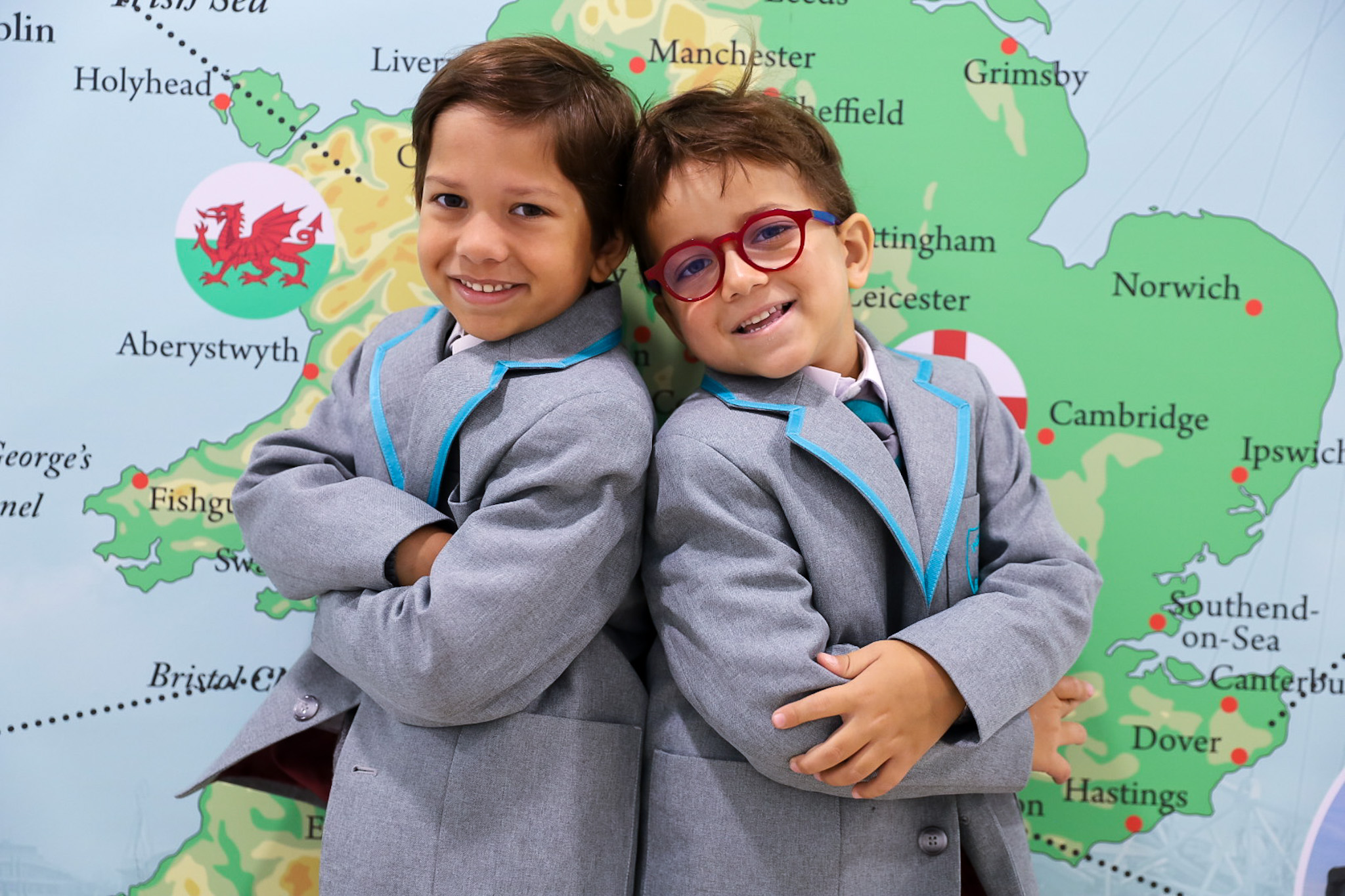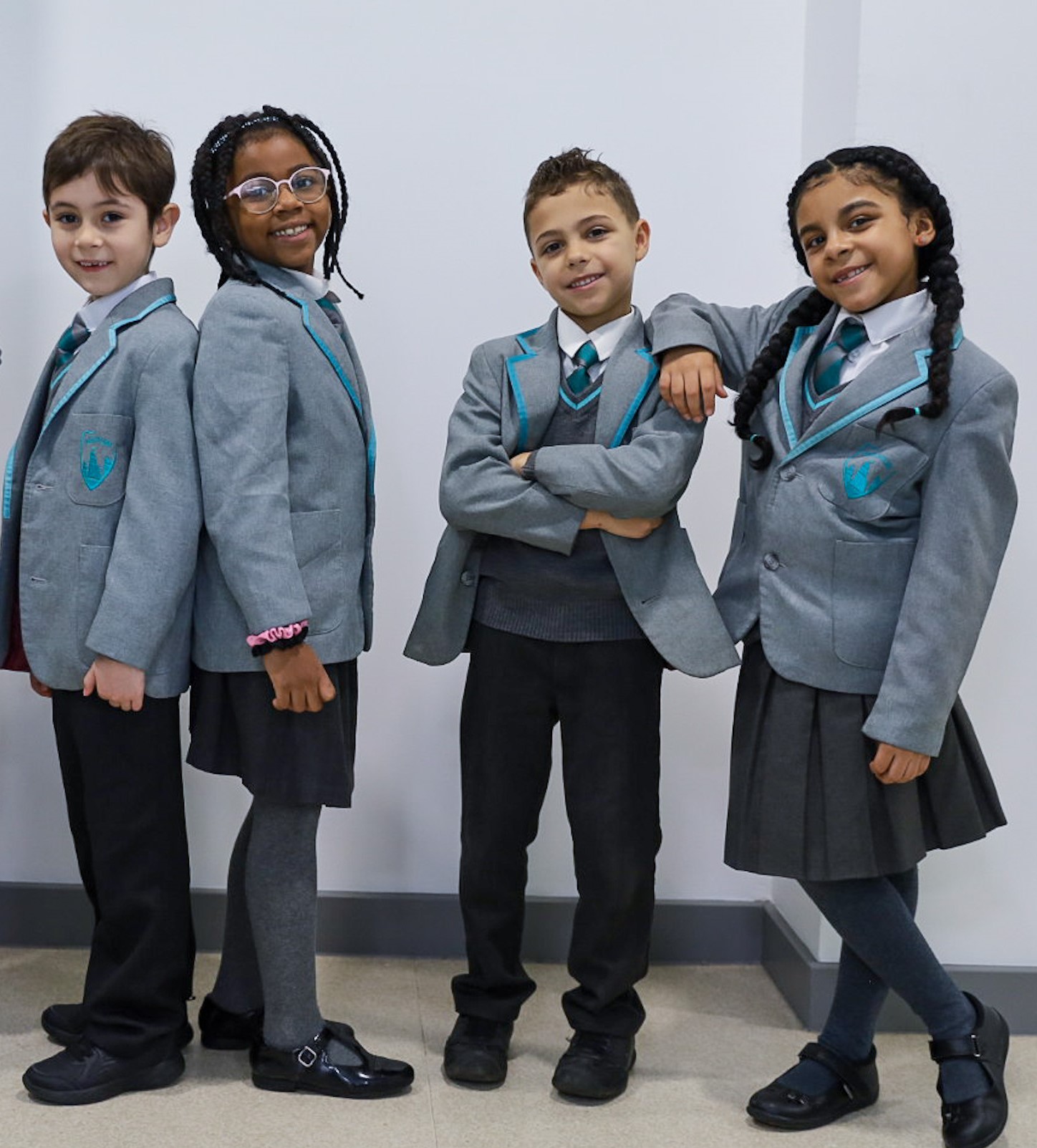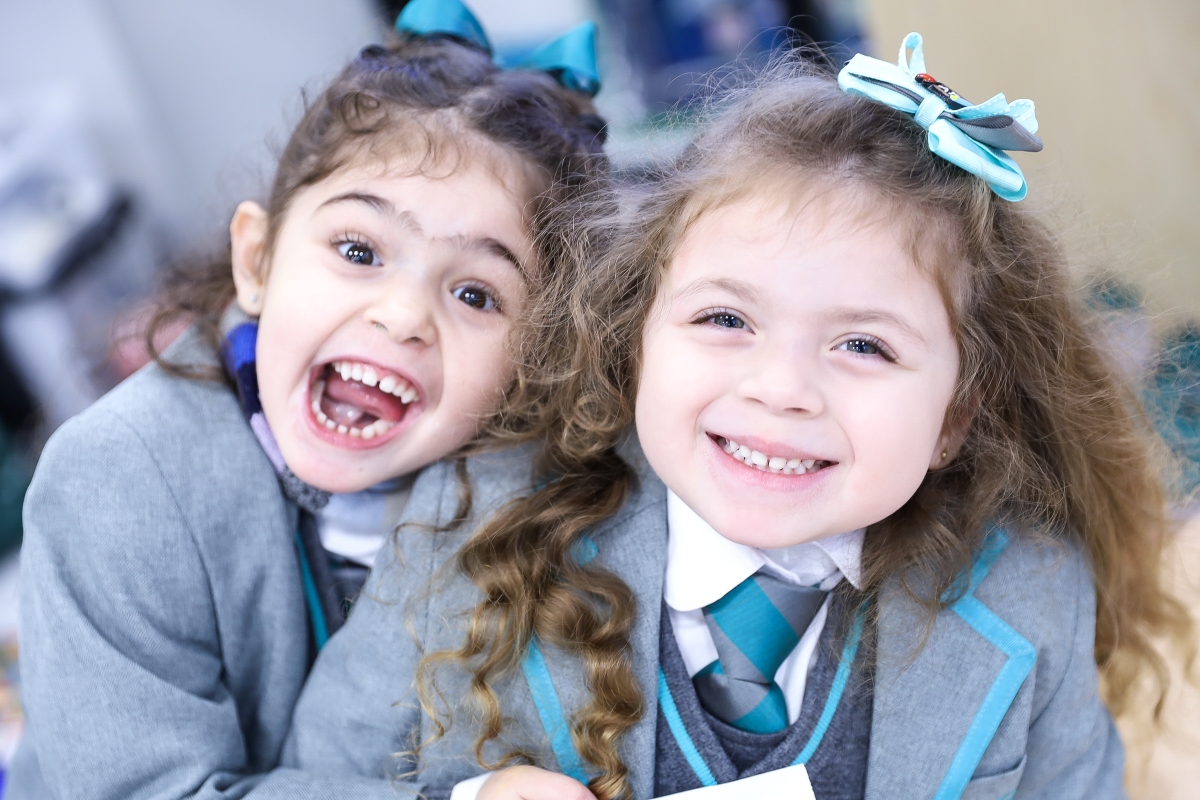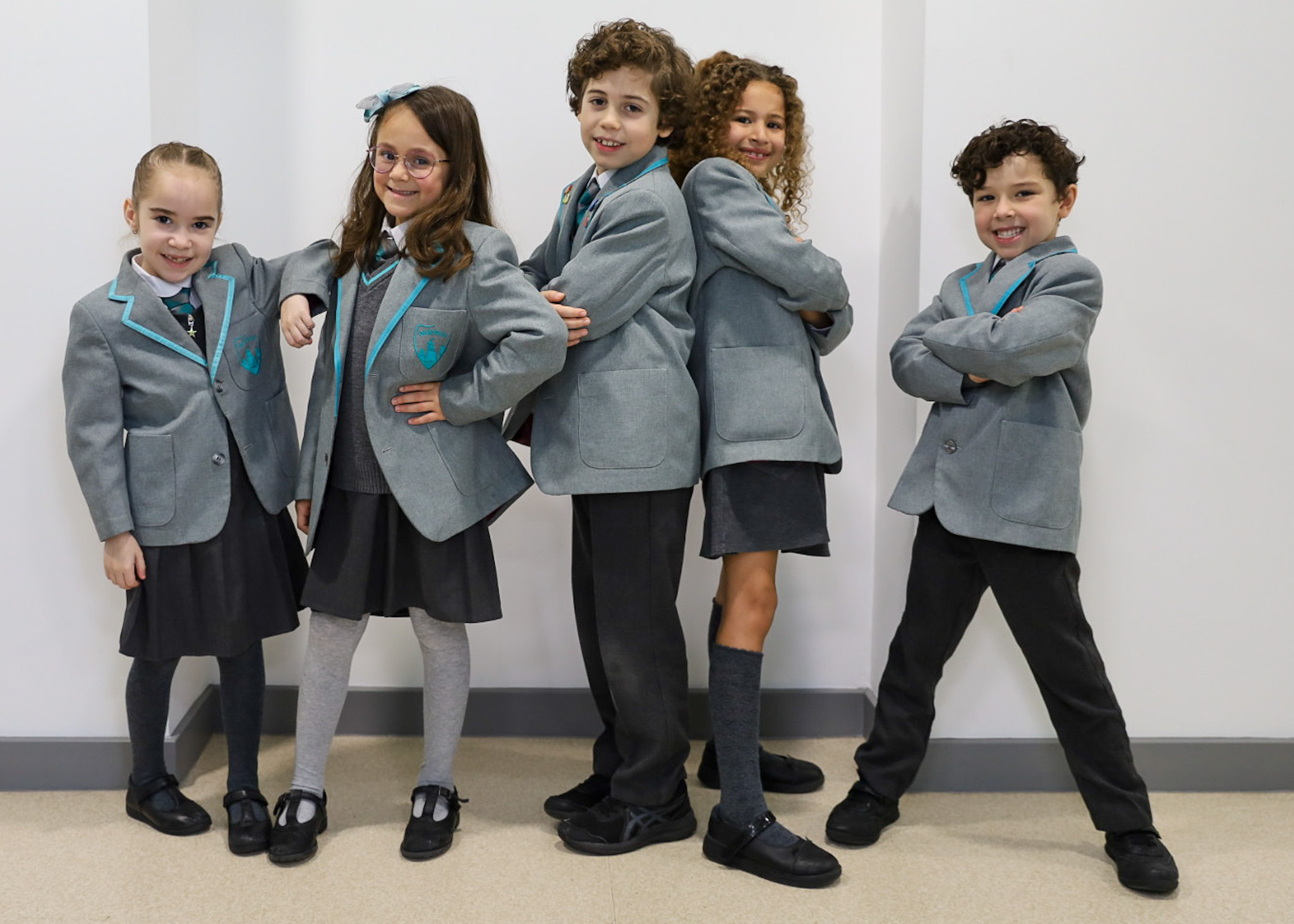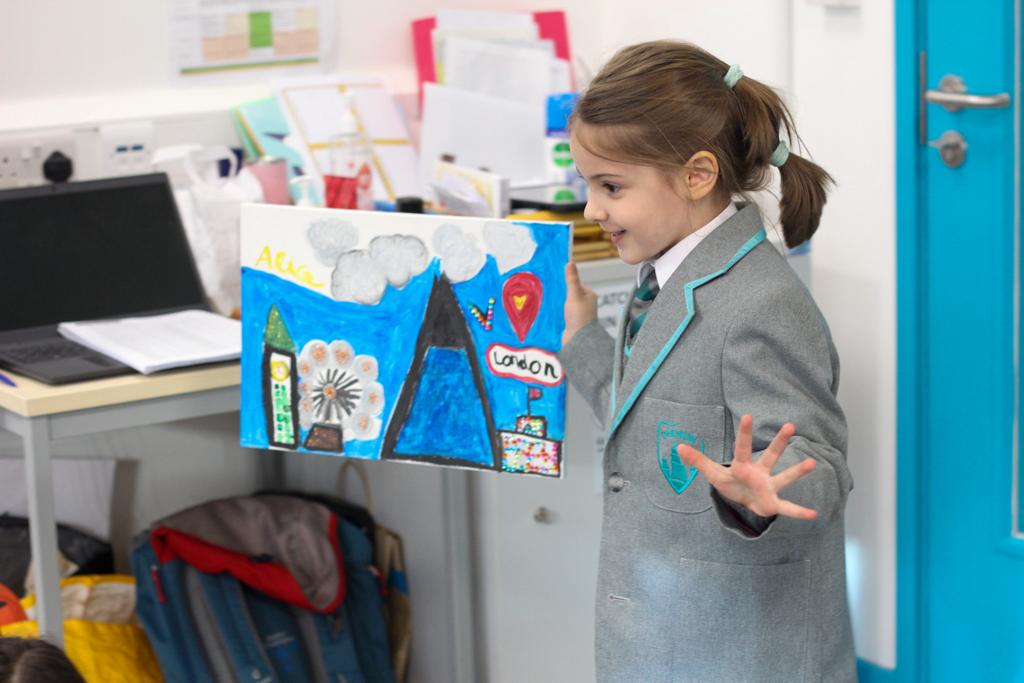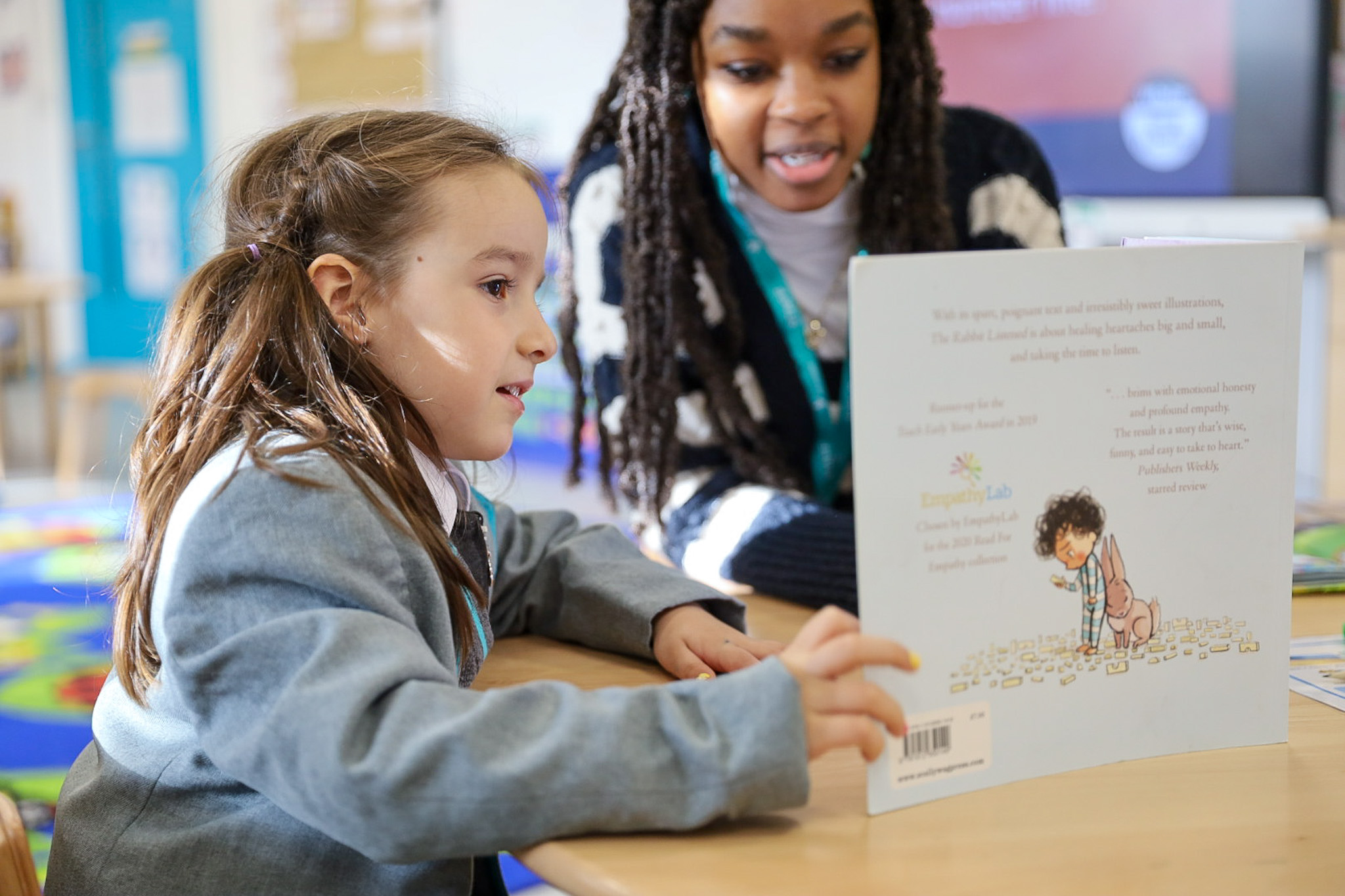Intent:
At APSoL, we believe that Music is a universal language that embodies one of the highest forms of creativity. We believe that every child should have access to the highest quality music education as part of a broad and balanced curriculum. Our curriculum, from the Wandsworth Music Service, is designed to inspire pupils to develop a love of music and appreciate their talents as musicians, thereby supporting their
personal development; improving self-esteem, confidence, creativity and sense of achievement.
We provide opportunities for all children to develop their skills and knowledge and gain a firm understanding of what music is through, creating, performing, listening, singing, evaluating and composing, across a wide variety of historical periods, styles genres and traditions.
The Music Curriculum ensures that all pupils
• are able to explore and understand how music is created, produced and communicated, including
through the inter-related dimensions: pitch, duration, dynamics, tempo, timbre, texture, structure
and appropriate musical notations;
• perform, listen to, review and evaluate a diverse range of music;
• have the opportunity to sing regularly;
• have the opportunity to create and compose music and use technology appropriately;
• have the opportunity to learn a musical instrument
Implementation:
All classes have a weekly music lesson with a music specialist from the Wandsworth Music Service.
Our music curriculum engages and inspires pupils to sing, listen, play, perform and evaluate, with increasing levels of confidence and skill. The curriculum is carefully sequenced to ensure a clear progression of skills
and knowledge from EYFS to Y6.
Children are actively engaged in practical and creative music making each week. They sing regularly as a class, in smaller groups and as a school community; they learn to read and write various forms of notation,
aimed at supporting long term musical development; they develop a strong sense of pulse and rhythmic understanding and are able to use musical vocabulary appropriately. They have the opportunity to learn an instrument will specialist musicians, have the chance to progress to the next level by joining ensembles and choirs and have the opportunity to perform regularly in front of others.
As pupils progress, they will develop a critical engagement with music, allowing them to compose, and to listen with discrimination to the best in the musical canon.
At all stages of learning, the use of appropriate musical language in the classroom is encouraged and linked to practical music making to ensure that musical outcomes are achieved.
Early Years Foundation Stage
Music in the EYFS has a primary focus on singing and movement, developing children’s listening abilities, physical co-ordination, inner/outer ears, motor-neuron skills, memory, aural awareness, and singing skills.
Songs are linked to class topics when appropriate. Children will explore different percussion instruments
and develop an understanding of pitch, timbre, and dynamics.
Pupils will be taught to:
• Express and communicate their ideas, thoughts and feelings by using a widening range of movement
and a variety of songs and musical instruments.
• Recognise and explore how sounds can be changed, sing simple songs from memory, recognise
repeated sounds and sound patterns, and match movements to music.
• Use their imagination in art and design, music, dance.
Key Stage One (Years 1 and 2)
Pupils should be taught to:
• use their voices expressively and creatively by singing songs and speaking chants and rhymes
• play tuned and untuned instruments musically
• listen with concentration and understanding to a range of high-quality live and recorded music
• experiment with, create, select and combine sounds using the interrelated dimensions of music
Key Stage Two (Years 3-6)
The music curriculum will provide all pupils with opportunities for increasing their knowledge and understanding and developing their skills, confidence and expression in music through singing and playing
melodic instruments, tuned and un-tuned percussion; exploring sounds; and active and passive listening.
Pupils will also learn instruments with specialist instrumental music teachers as part of Wandsworth Music’s whole-class ensemble tuition programme. They will also have opportunities to take part in singing
projects with specialist vocal teachers. Regular performance opportunities are available, including opportunities to perform alongside other schools.
Pupils should be taught to:
• play and perform in solo and ensemble contexts, using their voices and playing musical
instruments with increasing accuracy, fluency, control and expression
• improvise and compose music for a range of purposes using the interrelated dimensions of
music
• listen with attention to detail and recall sounds with increasing aural memory
• use and understand staff and other musical notations
• appreciate and understand a wide range of high-quality live and recorded music drawn from
different traditions and from great composers and musicians
• develop an understanding of the history of music
Impact:
We want children of all backgrounds and abilities to enjoy making music, achieve well and talk enthusiastically about their learning. We expect children to show evidence of building on previous
knowledge and skills each year, which is reflected in their progress, and demonstrates a clear musical journey throughout their school life.
Regular performances demonstrate that music making is of high quality and high importance, whilst also providing invaluable opportunities for children to showcase their skills, talent and enjoyment in front of
others.
Assessment
Assessment in music should be holistic, and take account of a wide range of musical skills and understanding, It should be rooted in the reality of musical activity that the children undertake.
Consequently, assessment should be of the musical attainment they have evidenced in a range of learning activities in which they have been singing, playing, performing, composing, and listening. Progress is made over time, and evidence from a series of assessments is made to show this.
Pupils may re-visit skills many times over a key stage, and as challenge increases, may sometimes appear to be dipping in their attainment. However, as they consolidate new skills it will become apparent they have progressed further.
There will be sufficient opportunities through practical music-making, listening to children talking and playing, and watching children responding, to be able to form assessment judgements which are appropriate to the work they have done, and are used to inform the next stage of their musical journey.
A range of assessment tools are used to track musical progress:
• performances
• video and audio recordings
• enquiry tasks
• pupil voice and self-assessment
• written work
• participation in hub events
• participation in choirs and ensembles
The class teacher is responsible for collecting evidence for assessment alongside the Wandsworth Music teacher.
Inclusion
All children have access to the music, regardless of their ability, gender, physical disability or their social, cultural or ethnic background. Provision is made to support individuals or groups of SEND children or those
with a disability so that they can participate effectively in music lessons. Likewise, provision is made for our more able children. We set high expectations for all children and encourage them to achieve their best.
Cross-curricular links & Enrichment
Elements of music can be incorporated in most other subjects and linked to our topics/themes/cultural events as is appropriate:
• Maths/English – counting songs/patterns, inspiration for story writing, rhymes, rhythm and raps.
• Science – investigation of sound, aid memoire to processes/formulas.
• Geography/History – investigation of composers, instruments as to their origins, culture and
influences and use in society/communities.
• P.E. – supporting dance and movement
• R.E. / P.S.H.E. – understanding and respecting other cultures, use of hymns and songs for reflection,
events and occasions.
• Art – visual stimulus for drawing/painting, inspiration, graphic scores.
• I.C.T. – research, use of recording equipment, sound system, keyboards electronic impressions.
Events: Carnival, Festa Junina, São Martinho


